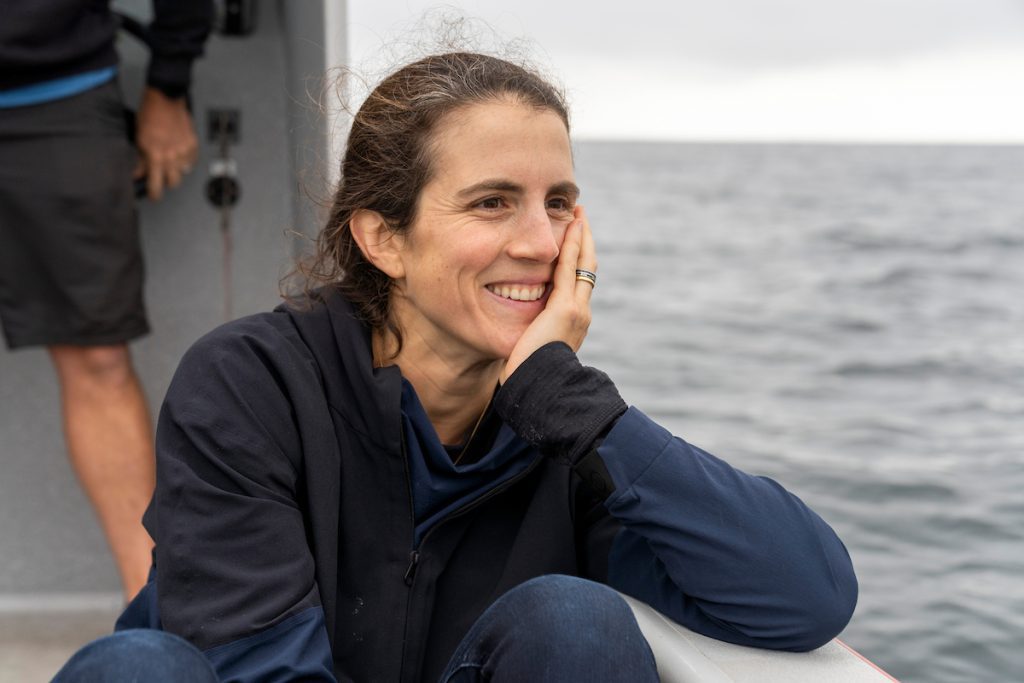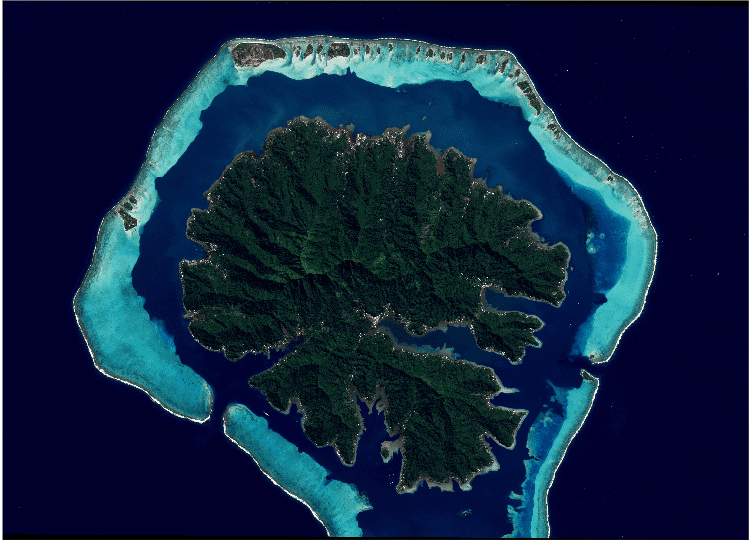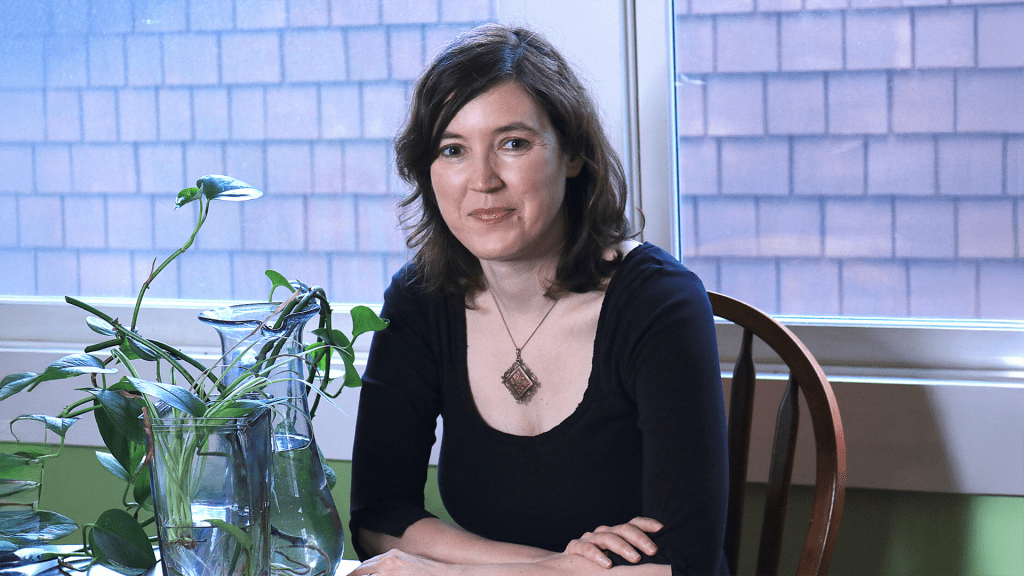Raising Awareness
News
NEWS RELEASES
Warmer than a Hot Tub: Atlantic Ocean Temperatures Much Higher in the Past
Scientists have found evidence that tropical Atlantic Ocean temperatures may have once reached 107°F (42°C)about 25°F (14°C) higher than ocean temperatures today and warmer than a hot tub. The surprisingly high ocean temperatures, the warmest estimates to date for any place on Earth, occurred millions of year ago when carbon dioxide levels in Earth’s atmosphere were also high, but researchers say they may be an indication that greenhouse gases could heat the oceans in the…
Fine-tuning the Steps in the Intricate Climate Change Dance
New scientific findings are strengthening the case that the oceans and climate are linked in an intricate dance, and that rapid climate change may be related to how vigorously ocean currents move heat between low and high latitudes. The research, by Candace Major, an investigator at Woods Hole Oceanographic Institution, was presented today at a press conference at the fall meeting of the American Geophysical Union in San Francisco. In the North Atlantic region, the…
New Coral Dating Technique Helps Resolve Changes in Sea Level Rise in the Past
Corals from Papua New Guinea and Barbados indicate that changes in sea level, one of the key indexes for global climate change, may have been more frequent in the past than previously thought, according to a report in today’s issue of Science. Researchers from the Woods Hole Oceanographic Institution (WHOI) and Columbia University developed a new set of dating equations to determine the ages of corals from the Pacific and Atlantic Oceans to help resolve…
Changes in Earth’s Tilt Control When Glacial Cycles End
Scientists have long debated what causes glacial/interglacial cycles, which have occurred most recently at intervals of about 100,000 years. A new study reported in the March 24 issue of Nature finds that these glacial cycles are paced by variations in the tilt of Earth’s axis, and that glaciations end when Earth’s tilt is large. With more than 30 explanations proposed for these glacial cycles, researchers at the Woods Hole Oceanographic Institution (WHOI) and the Massachusetts…
Abrupt Climate Change Brought to Public Attention in Hollywood Movie
The movie The Day After Tomorrow, released today by 20th Century Fox, paints a dramatic picture of the effects of climate change – and raises questions about the boundary between science and science fiction. How fast can Earth’s climate change? Will global warming raise sea level and flood coastal cities? If our climate cools, will it spawn an “ice age” in our lifetimes?
WHOI | OCEANUS
Publications
IN THE NEWS - RESEARCH HIGLIGHTS
Study offers first definitive proof that Gulf Stream has weakened
“New research from the Woods Hole Oceanographic Institution offers the first conclusive evidence that the Gulf Stream has weakened. The powerful ocean current off the East Coast influences regional weather, climate and fisheries, and the finding could have significant implications both for New England and the global climate.”
What Happens to Marine Life When There Isn’t Enough Oxygen?
In September of 2017, Woods Hole Oceanographic Institution postdoctoral scholar Maggie Johnson was conducting an experiment with a colleague in Bocas del Toro off the…
Maine’s having a lobster boom. A bust may be coming.
The waters off Maine’s coast are warming, and no one knows what that’s going to mean for the state’s half-billion-dollar-a-year lobster industry—the largest single-species fishery in North America. Some fear that continued warming could cause the lobster population to collapse. To understand what’s happening to the ecosystem of the Gulf of Maine, says Glen Gawarkiewicz, an oceanographer at Woods Hole Oceanographic Institution, in Massachusetts, you have to look beyond it—see how it’s affected by the atmosphere, ocean currents, and rivers that flow into it.





